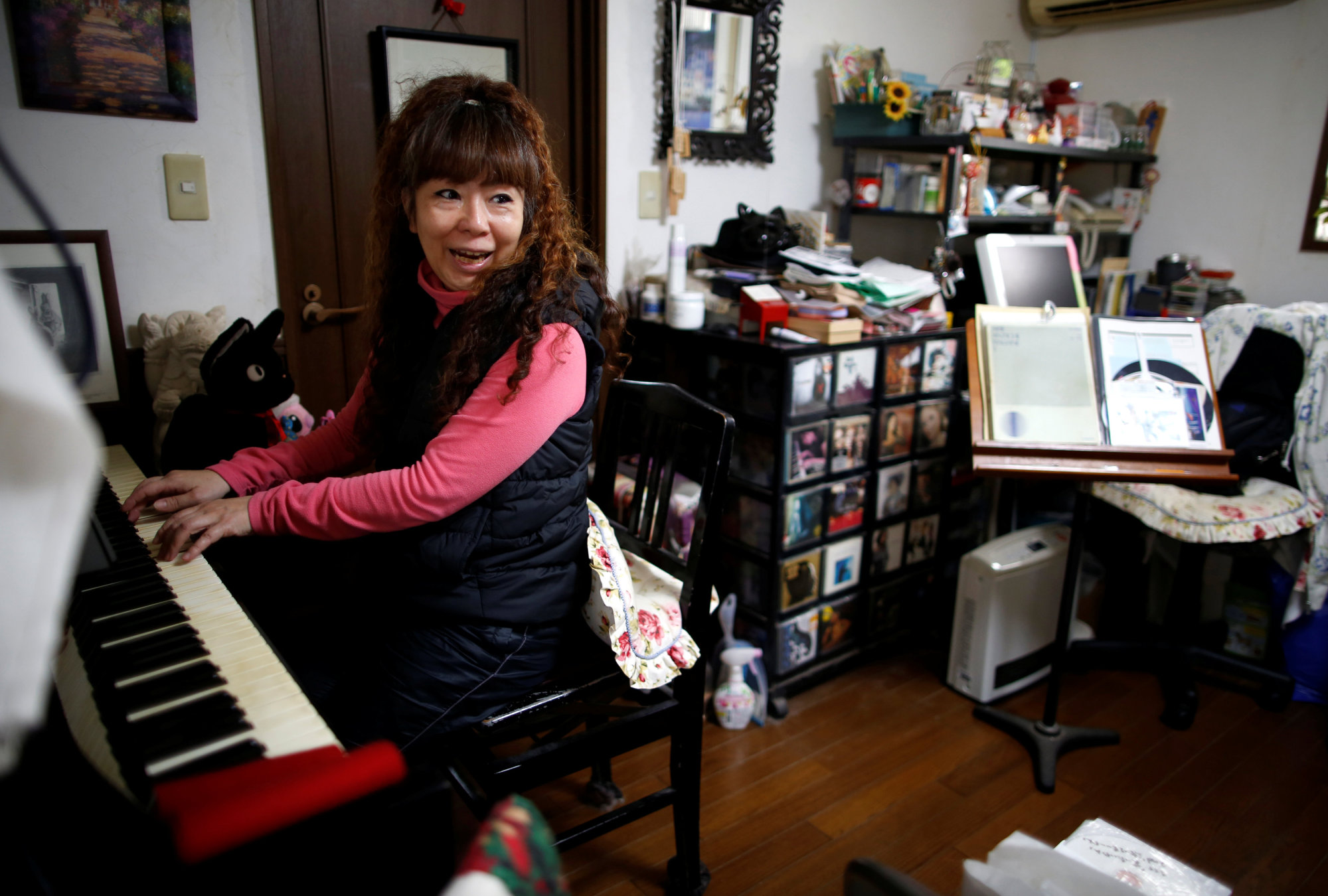Their youth long gone, members of Japan's generation of "parasite singles" face a precarious future, wondering how to survive once the parents many depended on for years pass away.
Some 4.5 million Japanese aged between 35 and 54 were living with their parents in 2016, according to a researcher at the Statistical Research and Training Institute on a demographic phenomena that emerged two decades ago, when youthful singles made headlines for mooching off parents to lead carefree lives.
Now, without pensions or savings of their own, these middle-aged stay-at-homes threaten to place an extra burden on a social welfare system that is already creaking under pressure from Japan's aging population and shrinking workforce.



















With your current subscription plan you can comment on stories. However, before writing your first comment, please create a display name in the Profile section of your subscriber account page.